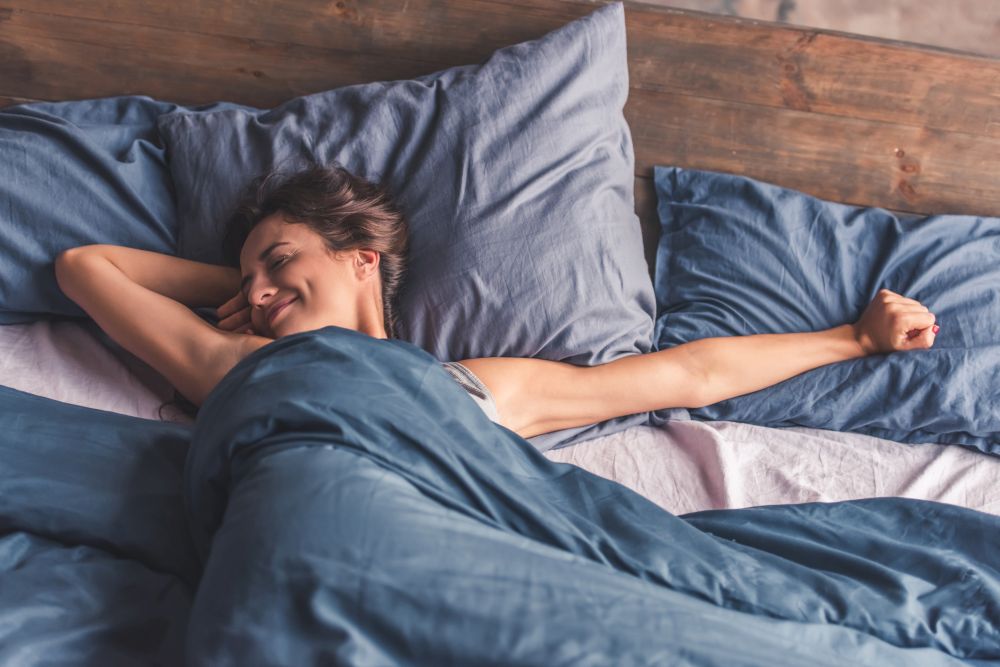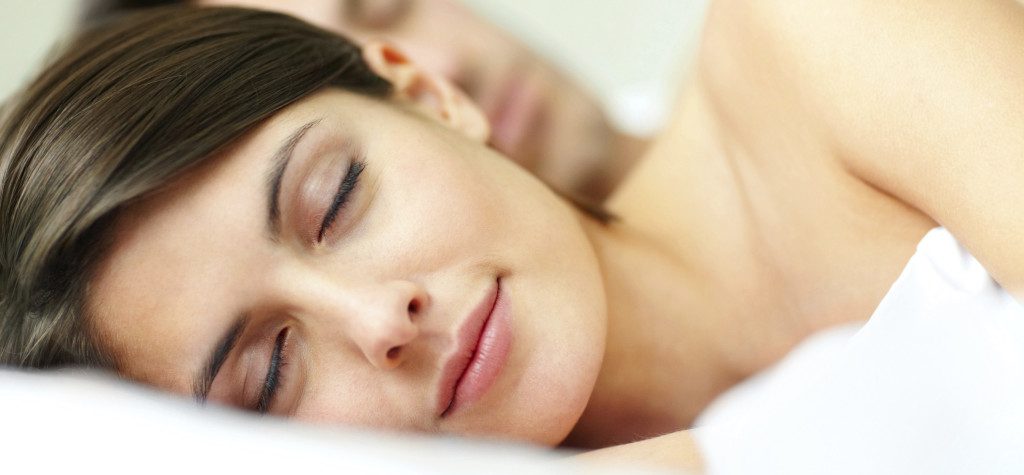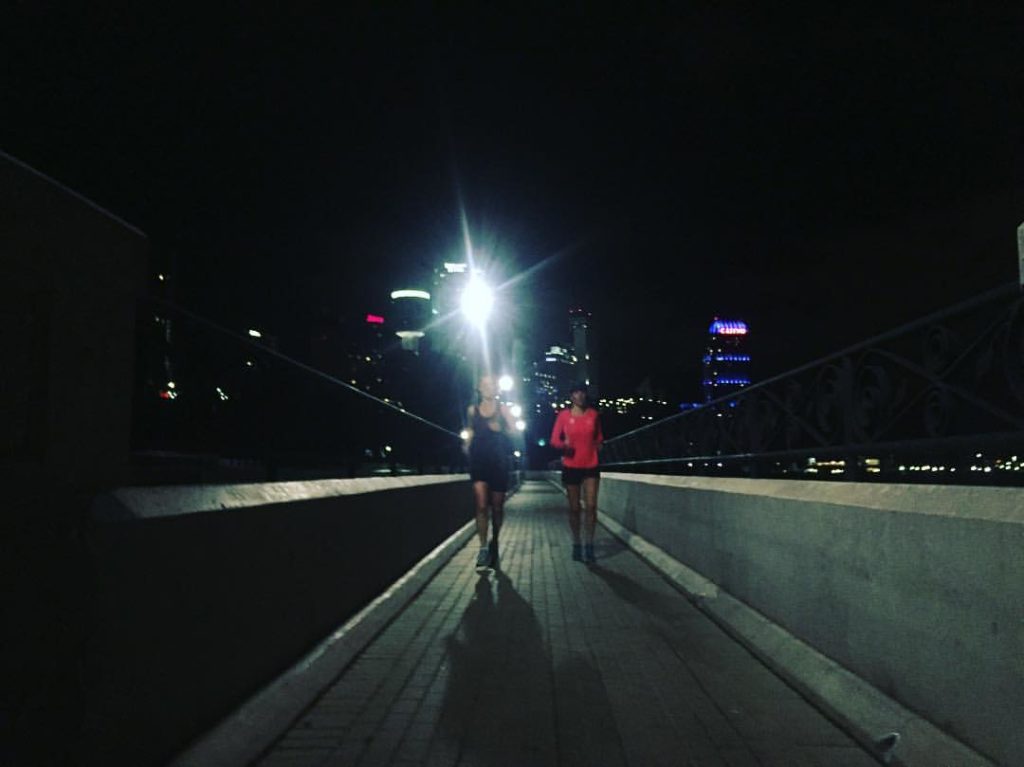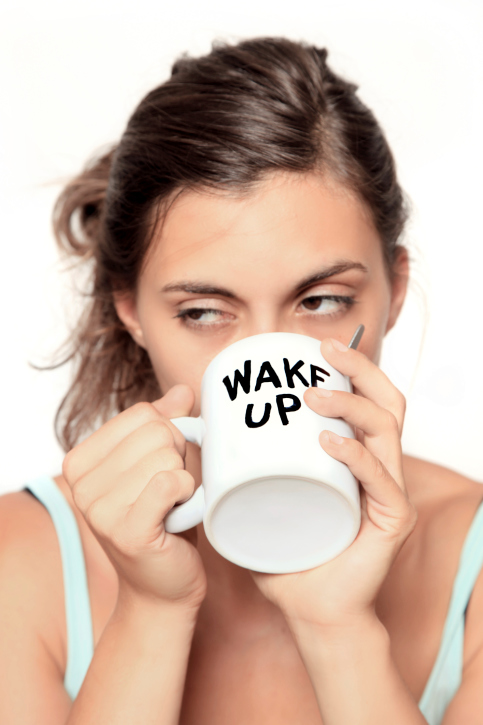Morning workouts may disrupt sleep less
Morning workouts boost melatonin levels more than afternoon workouts, but that may not be the whole story when it comes to falling asleep


Scientists at the University of New England have published a new study in the International Journal of Sports Physiology and Performance that seems to reinforce the widely held belief that late-in-the-day workouts may may inhibit your ability to fall asleep at night.
RELATED: Sleep deprivation caused me to crash and burn… lesson learned

Twelve young men’s melatonin levels were tested three times during the evening and night on days they did not exercise, on days they ran for 30 minutes at 9 a.m., and on days they ran at 4 p.m. When the study subjects exercised in the late afternoon, their melatonin levels throughout the evening were markedly lower than when they exercised in the morning or not at all, leading to the conclusion that late-day exercise interferes with sleep.

Melatonin levels are widely used as a metric for sleepiness, but there may be other factors contributing to how easily we fall asleep, and how well we sleep. Melatonin brings on sleepiness because it causes a drop in body temperature, and that can be achieved by other means, possibly including an afternoon workout, which may elevate body temperature enough to produce a more pronounced cooling effect around bedtime.

So if you have trouble falling asleep at night, and you generally work out late in the day, it may be worth experimenting with exercising in the morning instead. If you generally sleep well and you exercise after work, it might be best to let sleeping dogs, er, lie.


